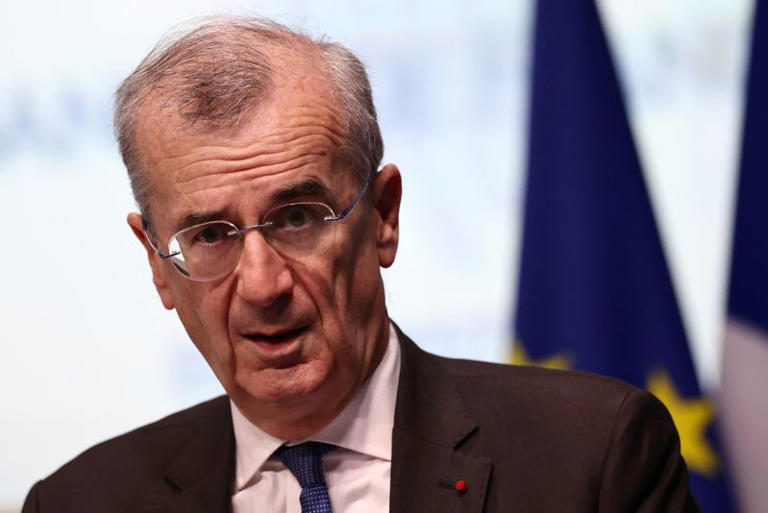Francois Villeroy de Galhau, a prominent figure within the European Central Bank (ECB) and also the governor of the Bank of France, recently addressed the ECB’s stance on inflation and monetary policy during a conference. His remarks underscored the ECB’s evolving outlook and strategy in response to economic conditions and inflation dynamics.
One of the key points Villeroy emphasized was the ECB’s growing confidence in its inflation forecasts despite the inherent noise and volatility in economic data. He noted that recent inflation data have shown fewer surprises and minor revisions compared to previous periods, which has bolstered the ECB’s ability to make more accurate projections. This increased confidence allows the ECB to adopt a more nuanced approach, enabling it to overlook smaller, short-term fluctuations in inflation that may occur over the coming months.
The ECB’s recent decision to implement its first interest rate cut in five years reflects its proactive stance in managing economic challenges, including the impact of global uncertainties and domestic economic conditions within the Eurozone. Villeroy indicated that future decisions on interest rates will hinge significantly on the incoming inflation data, highlighting the central bank’s data-driven approach to policy adjustments.
Regarding the ECB’s inflation target of 2%, Villeroy reaffirmed its importance as a cornerstone of the ECB’s monetary policy framework. He emphasized that while there are currently no plans to revise the target level, the ECB will conduct a strategic review next year to assess its operational framework, including the flexibility around the inflation target. This strategic review aims to ensure that the ECB’s policy toolkit remains effective and responsive to evolving economic conditions and challenges within the Eurozone.
Looking ahead, Villeroy outlined the ECB’s inflation expectations, noting that while inflation is projected to remain above the 2% target for the remainder of the current year, the central bank anticipates a gradual easing of inflationary pressures in the coming years. The ECB forecasts that inflation will normalize and converge towards the 2% target by the end of 2025, reflecting its commitment to price stability over the medium term.
In summary, Villeroy de Galhau’s remarks underscore the ECB’s cautious optimism amidst ongoing economic uncertainties. The central bank’s measured approach to monetary policy reflects its commitment to supporting economic growth while maintaining price stability, guided by a robust assessment of inflation trends and economic data.
